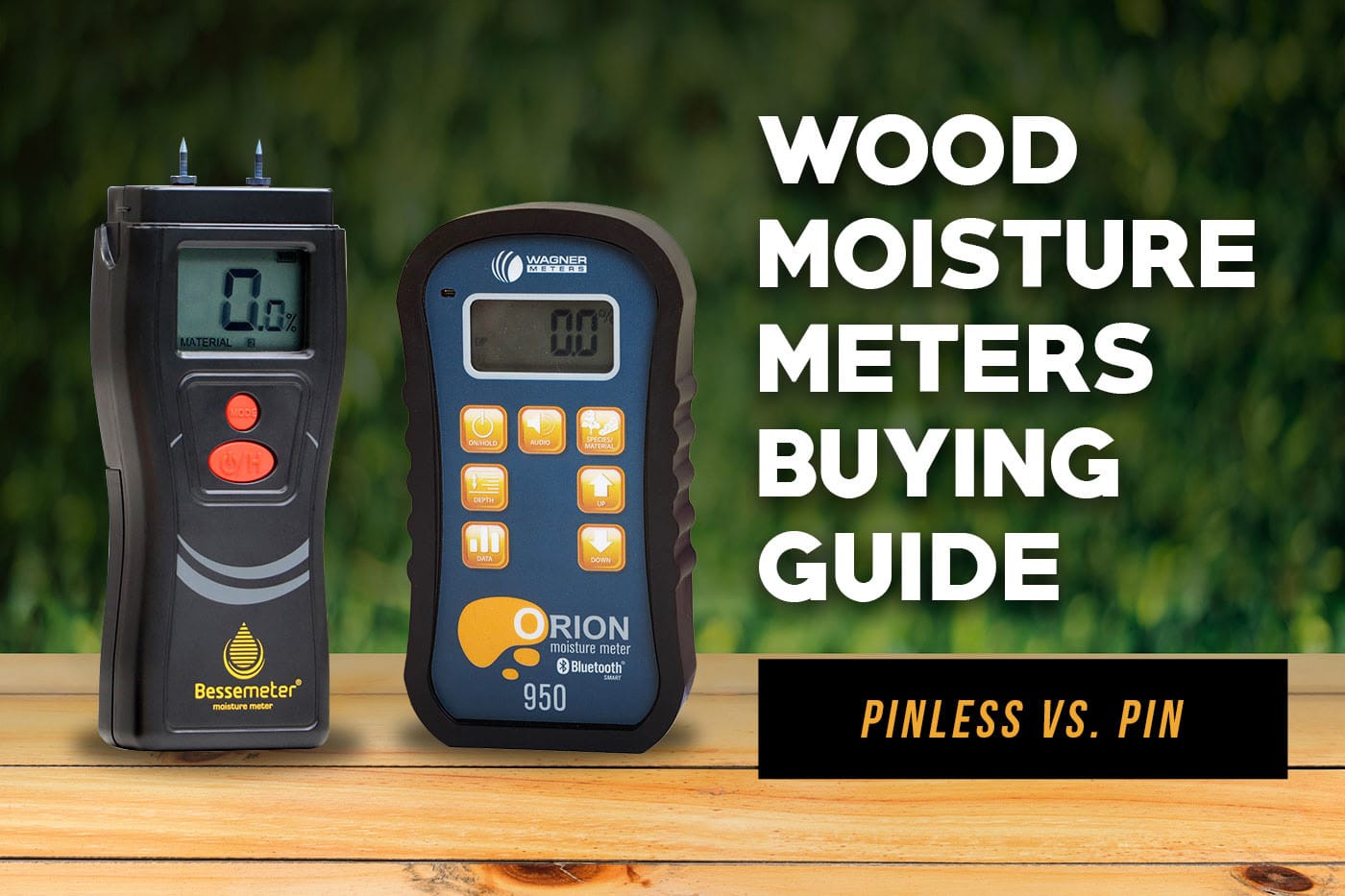Understanding the Different Types of Moisture Meters and Their Applications
Understanding the Different Types of Moisture Meters and Their Applications
Blog Article
The Ultimate Overview to Moisture Meters: A Comprehensive Summary and Exactly How They Can Save You Money
In the world of building upkeep, building and construction, and numerous industries, the value of precisely measuring dampness levels can not be overemphasized. Moisture meters offer as important devices in identifying and keeping track of moisture content in products, helping in avoiding pricey problems and guaranteeing the high quality of items. Recognizing the subtleties of various sorts of moisture meters, their applications, and the prospective cost-saving benefits they use can be a game-changer for experts and businesses alike. Uncovering exactly how these gadgets can not just streamline procedures yet likewise contribute to monetary savings is a trip worth starting.
Kinds of Moisture Meters
Numerous kinds of dampness meters are readily available for different applications in various industries. One common kind is the pin-type dampness meter, which determines the electric resistance in between two pins put into a material. This kind is suitable for wood, drywall, and various other building products. Pinless dampness meters, on the various other hand, usage electromagnetic sensing unit plates to check a larger location without triggering damage to the product's surface. These meters are ideal for swiftly evaluating dampness levels in large locations such as wall surfaces and floors.
Moreover, there are additionally specialized wetness meters designed for particular materials like grain, hay, or dirt. These meters provide exact dampness analyses customized to the unique buildings of the product being examined. Infrared wetness meters measure the thermal homes of a product to identify its moisture material non-invasively, making them valuable for applications where pin or pinless meters may not be suitable. Understanding the different sorts of dampness meters offered can assist sectors pick one of the most suitable device for their certain wetness measurement requirements.

Benefits of Utilizing Moisture Meters

Moreover, utilizing wetness meters can lead to boosted power effectiveness. In farming setups, dampness meters play a critical function in enhancing crop yields by enabling farmers to monitor dirt dampness degrees and make educated watering decisions.
How to Pick the Right Moisture Meter
Picking the appropriate dampness meter involves considering vital aspects such as material compatibility, dimension array, and calibration accuracy. When choosing a dampness meter, it's necessary to make sure that the meter is suitable for the particular material you will be screening. Different materials have differing electrical residential properties that can impact wetness readings, so choosing a meter made for your product is crucial for precise outcomes. Additionally, take into consideration the measurement series of the dampness meter. Make sure that the meter can spot dampness levels within the variety required for your applications. Calibration accuracy is an additional crucial element to remember (Moisture Meter). Select a dampness meter with reputable calibration to make certain consistent and exact analyses. Some meters might require periodic calibration modifications, so understanding the calibration procedure is essential. By very carefully reviewing these factors, you can pick a dampness meter that fulfills your needs and provides precise moisture measurements for your jobs.
Appropriate Techniques for Moisture Meter Usage
To guarantee accurate wetness analyses and optimize the efficiency of a moisture meter, using appropriate techniques is essential. When making use of a pin-type moisture meter, put the pins or probes right into the material being checked until they make complete get in touch with. By complying with these appropriate methods, customers can rely on their moisture meter to supply reliable moisture levels, aiding in stopping pricey damage or making certain quality in numerous applications.

Price Savings Via Moisture Meter Applications
Exactly how can the critical utilization of moisture meters lead to considerable expense financial savings across different markets? In the farming sector, dampness meters help in establishing the optimal click resources time for collecting crops, stopping excess or over-drying dampness that can influence the last item's quality.

Additionally, in the food processing market, wetness meters are vital for keeping an eye on item high quality and making sure compliance with security guidelines. By properly gauging wetness material in food items, producers can avoid putridity, maintain quality, and reduce waste, leading to substantial price financial savings. Generally, the calculated application of wetness meters is an important financial investment that can lead to considerable price decreases and enhanced efficiency throughout different industries.
Conclusion
Finally, dampness meters are important tools for detecting and gauging wetness you can try this out levels in numerous materials. By making use of the ideal dampness meter and adhering to appropriate techniques, individuals can efficiently protect against costly damages triggered by excess moisture. Purchasing a high quality dampness meter can cause significant price savings in the future by determining prospective issues at an early stage and enabling timely removal. Ultimately, dampness meters are essential instruments for keeping the honesty and longevity of products and structures.
Wetness meters offer as important devices in spotting and keeping an eye on moisture web content in products, aiding in avoiding expensive problems and making pop over here certain the quality of products. Infrared moisture meters determine the thermal properties of a material to establish its dampness material non-invasively, making them useful for applications where pin or pinless meters may not be suitable.Moisture meters provide indispensable benefits in properly assessing and keeping track of wetness levels in diverse materials and atmospheres. In agricultural settings, moisture meters play an essential duty in enhancing crop yields by enabling farmers to keep track of soil dampness degrees and make notified irrigation choices.In final thought, dampness meters are beneficial devices for finding and measuring wetness levels in various products.
Report this page